Nick Rogers’ office is like Piccadilly Circus. We’re supposed to be having a serious talk about his high-powered job as Jaguar Land Rover’s group director of engineering – a proper ‘sit downer’ in interviewer’s parlance – but the place is crowded.
There are a couple of JLR’s young engineers, Thomas and Azam, who are learning by shadowing the boss. There’s Harriet, an in-house journalist, on hand to tell us about her weekly internal news-sheet on engineering subjects.
Range Rover Sport SVR 2018 UK review
There’s a bustling PA organising coffee, Stan the photographer, plus Rogers and me.
It’s already obvious this is how Rogers, who recently turned 50 and is relentlessly youthful in everything he does and says, likes to run things.
UK autonomomy project could slash urban traffic
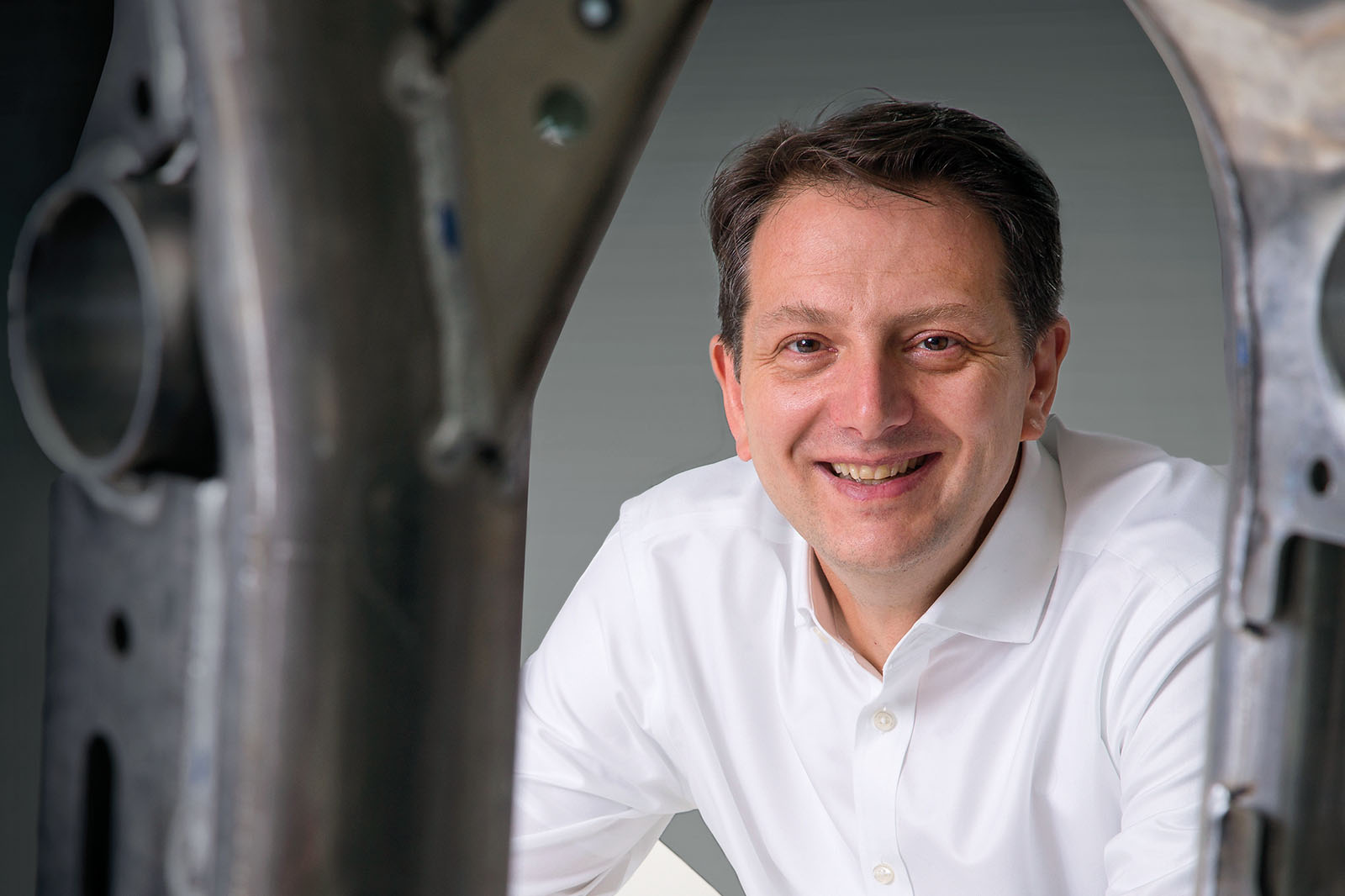
He sees a key part of the job as personal contact: greetings, smiles, encouragement and friendly banter. That, and an unquenchable passion for all things engineering.
In fact, it is a misnomer to refer to this room as his office – “I don’t have an office,” he says – but it is the room where he usually holds his meetings. To get here, we’ve walked half a mile through the huge building referred to as ‘G-Deck’ (or GDEC, for Gaydon Design and Engineering Centre), which is stuffed with engineers, desks and screens. It seemed vast and ambitious when first built under BMW’s ownership, but is now being expanded out of all recognition as just one element of a mammoth site restructuring programme called The Gaydon Triangle.
This new, improved GDEC’s job is to house JLR’s 12,000-strong engineering body, a group that has expanded by 3000 since Rogers replaced BMW veteran Wolfgang Ziebart as the firm’s top engineer three years ago. Since then Rogers has also taken charge of all vehicle lines and research – not bad progress for a bloke who started in the company as an apprentice 30 years ago.
Rogers was brought up on a dairy farm near Oxford and learned to drive the family Series Two Landie at the age of 10 by sitting on a hay bale and using two feet on the clutch. He always had an abiding interest in how things worked (“I took things apart and sometimes got them back together”). At 16, he applied to join British Leyland as a technical apprentice specialising in electronics, which was cutting-edge stuff for the early 1980s. He was selected, got to within a week of starting but was abruptly dropped when he failed a colour-blindness test: “They said they couldn’t have me wiring things wrongly. I was pretty despondent.”


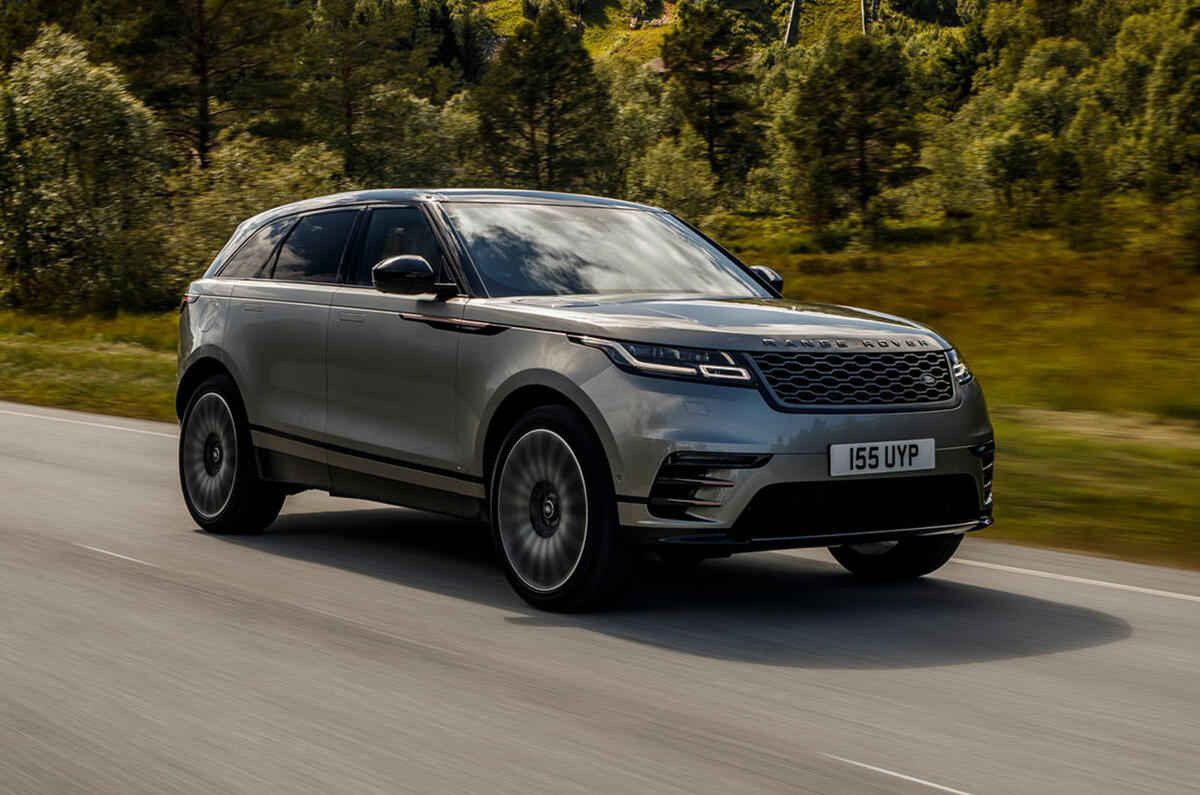
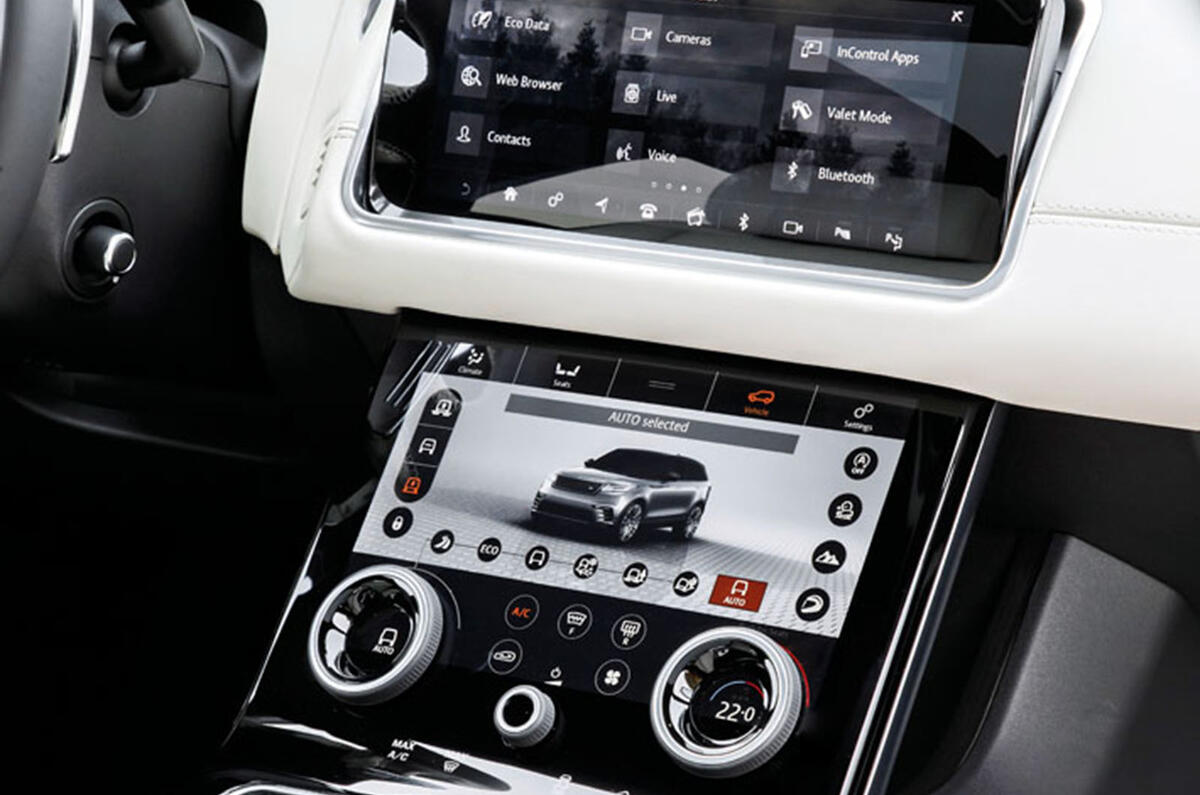
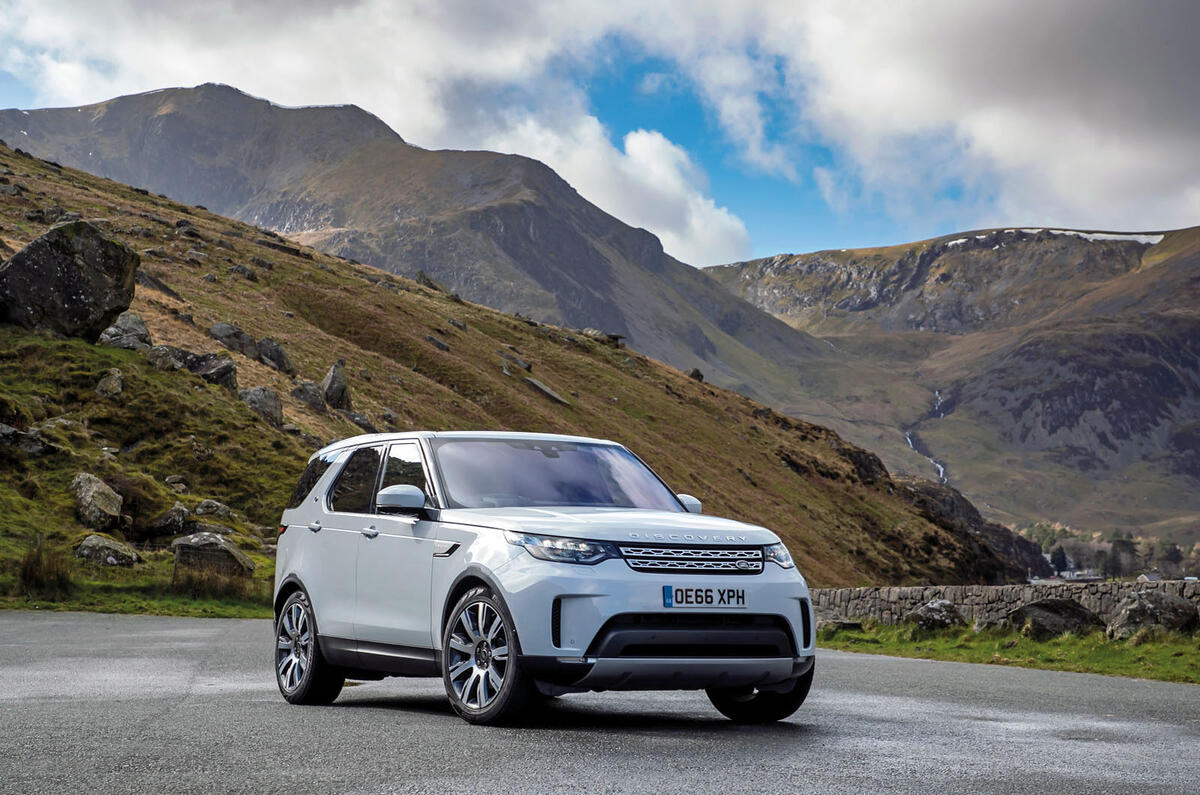
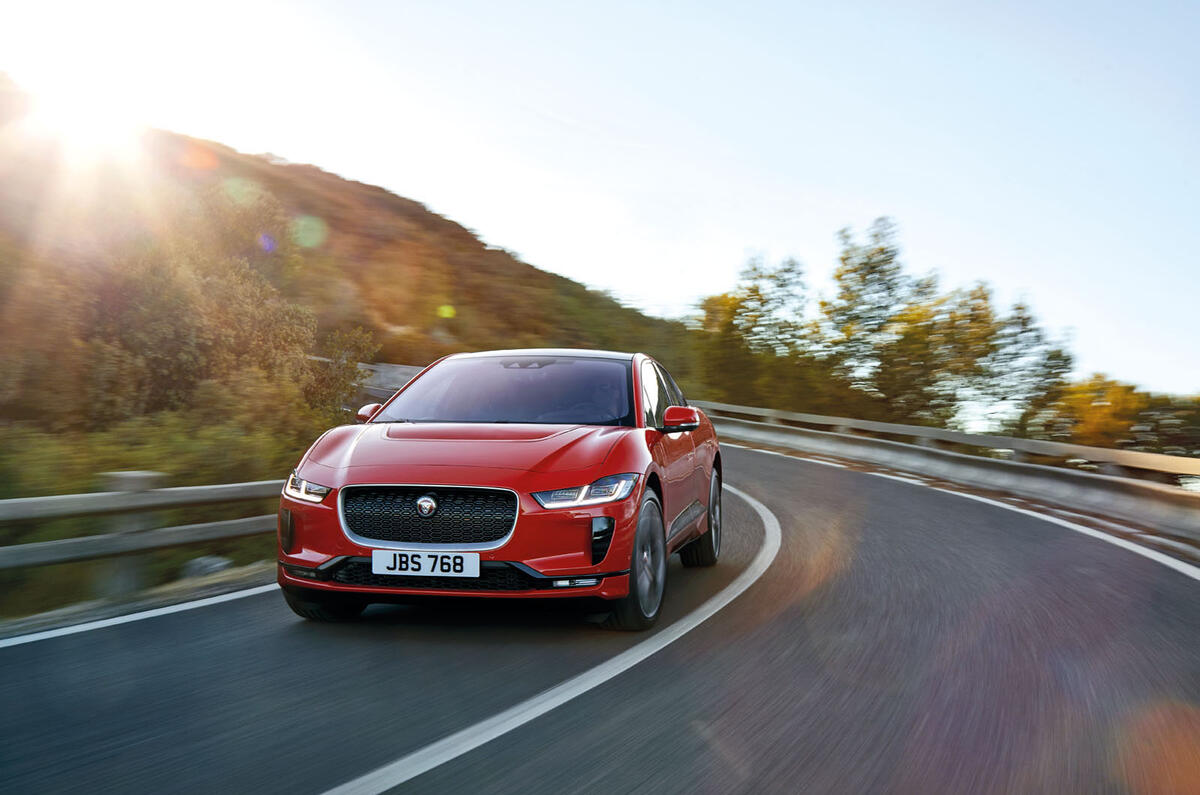
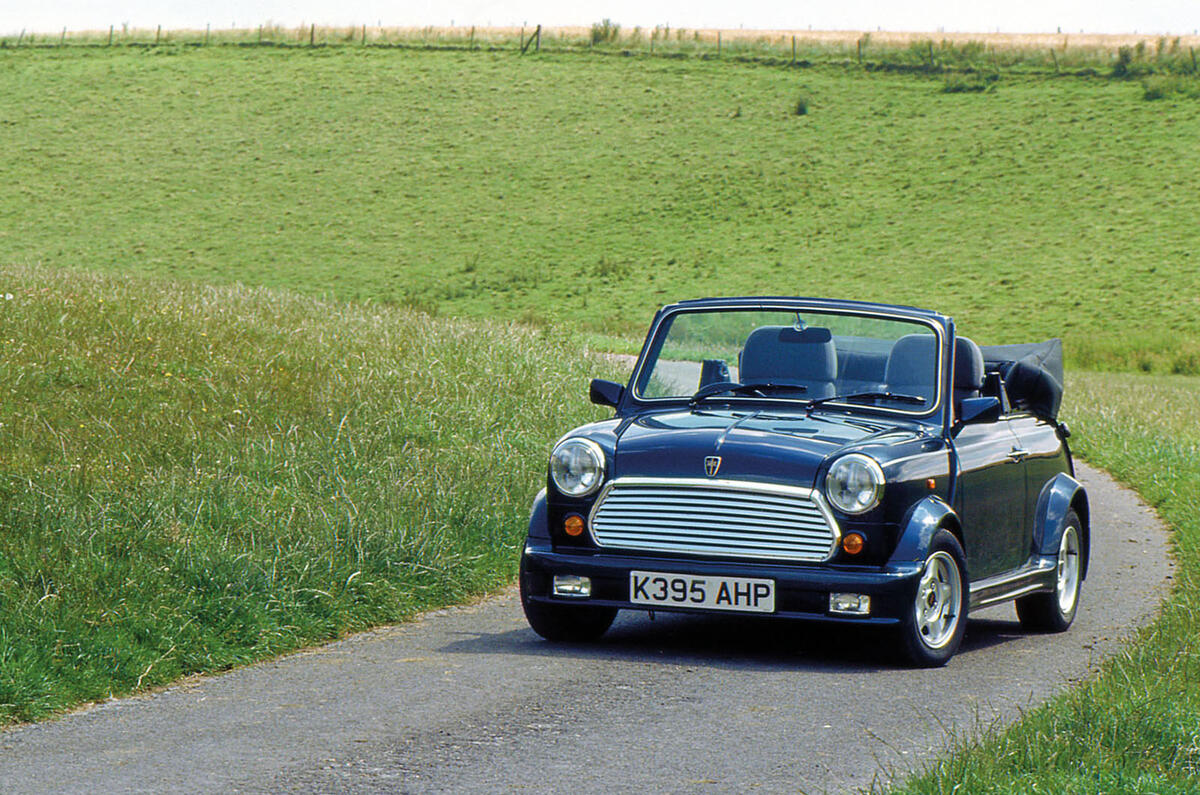
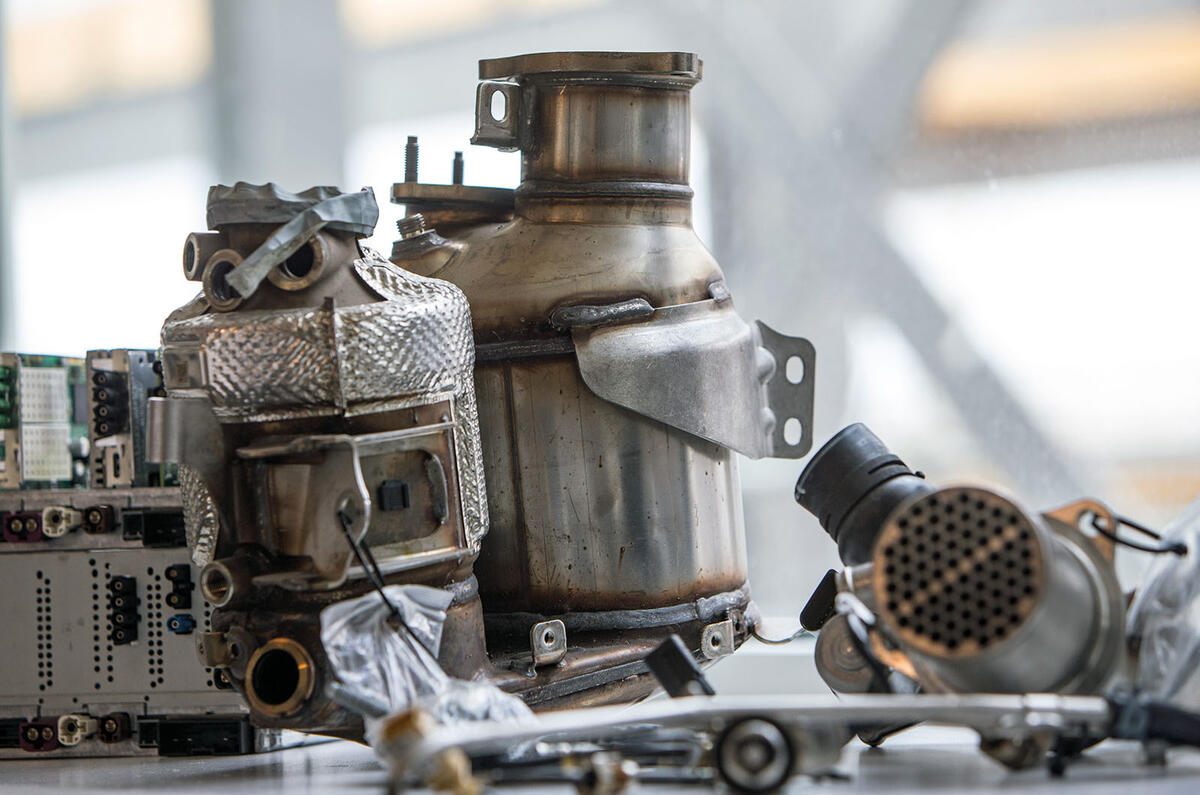
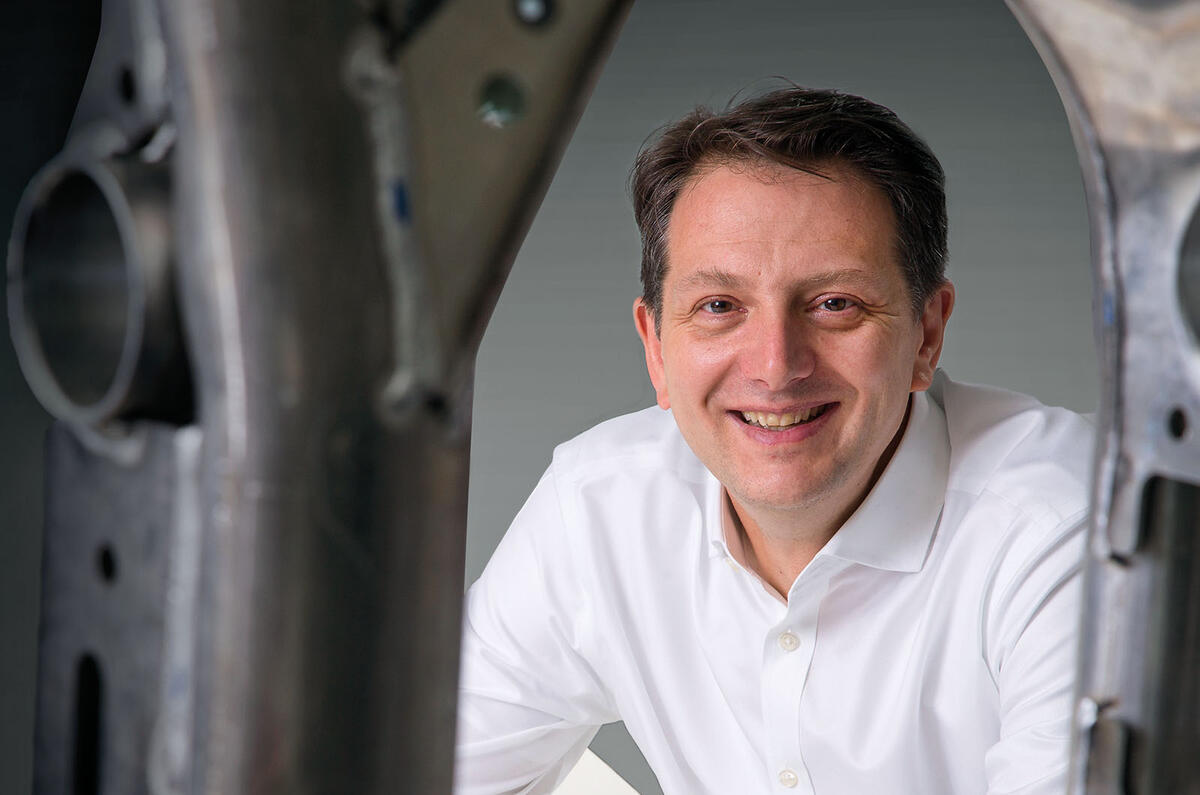


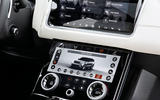
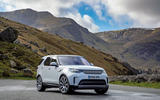
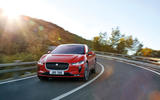
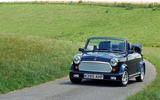

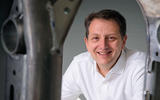

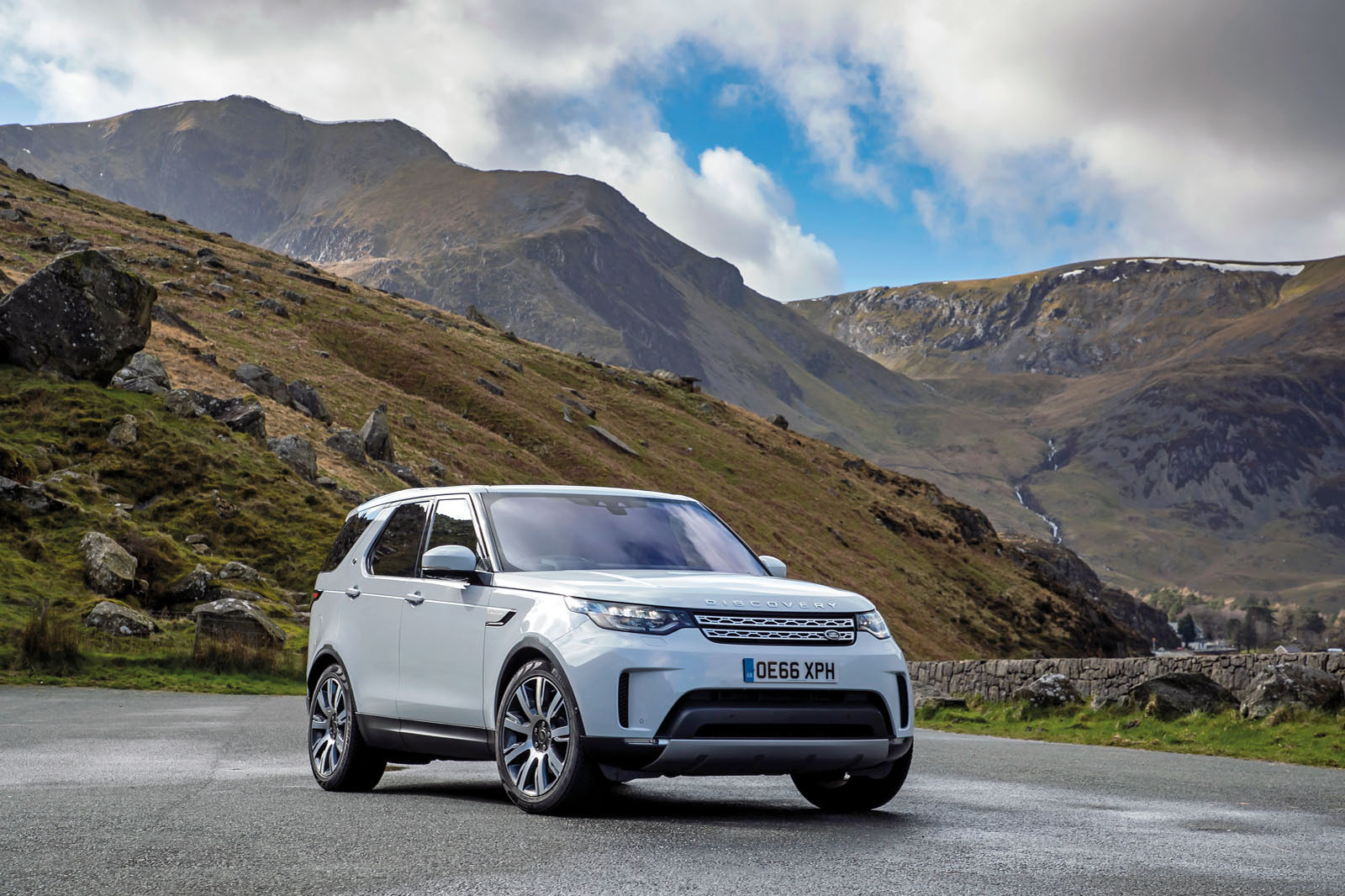
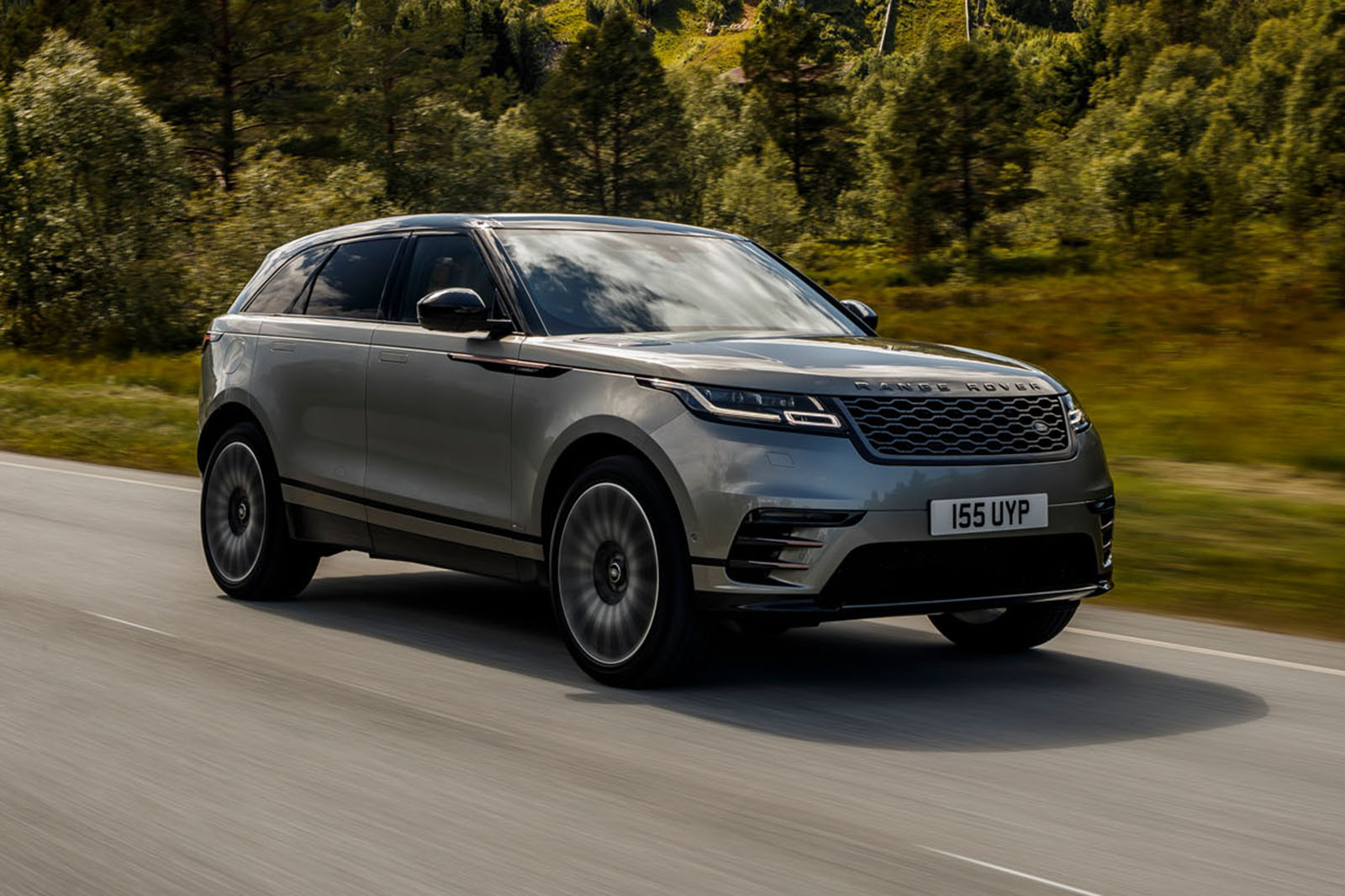
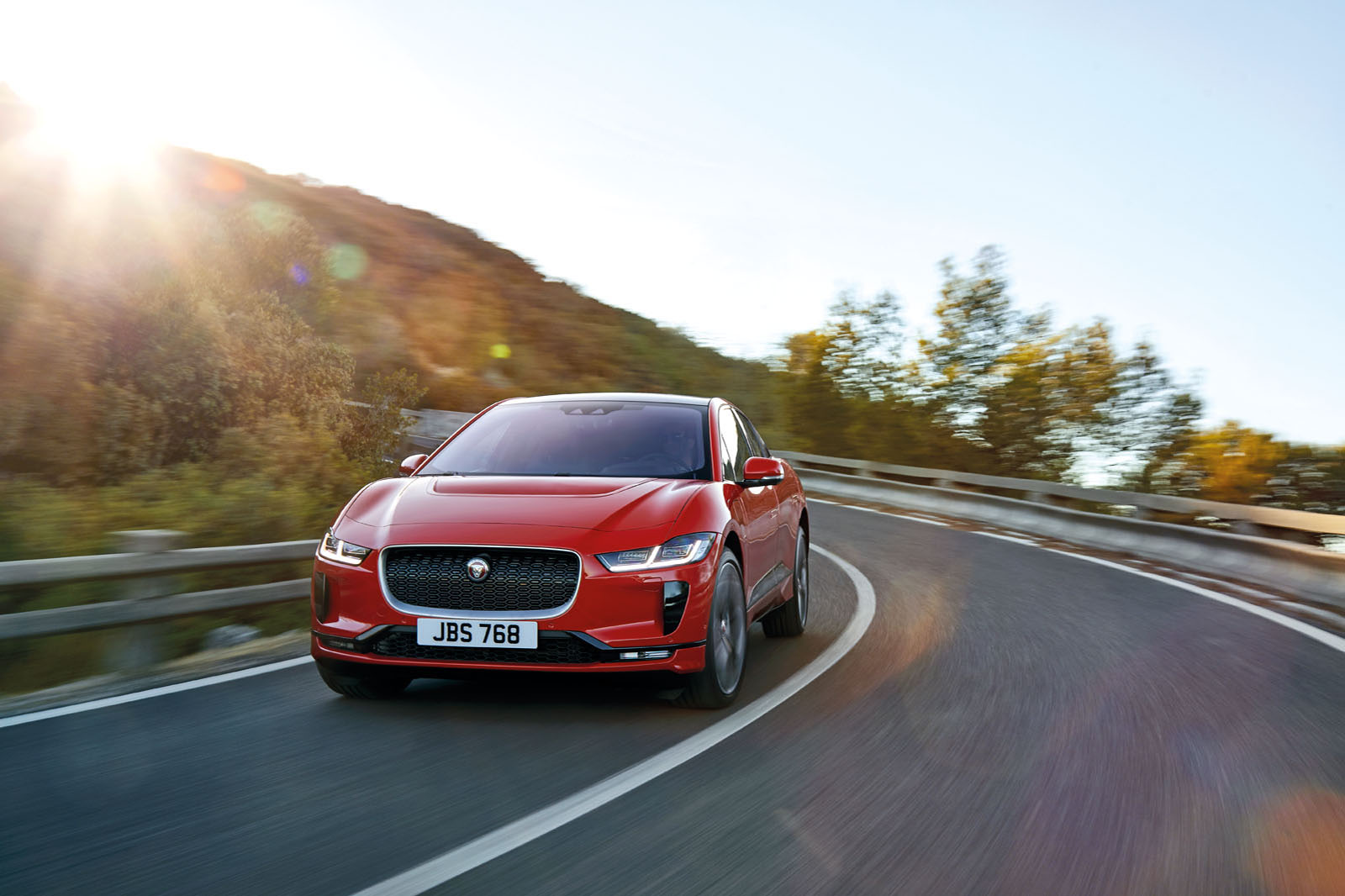
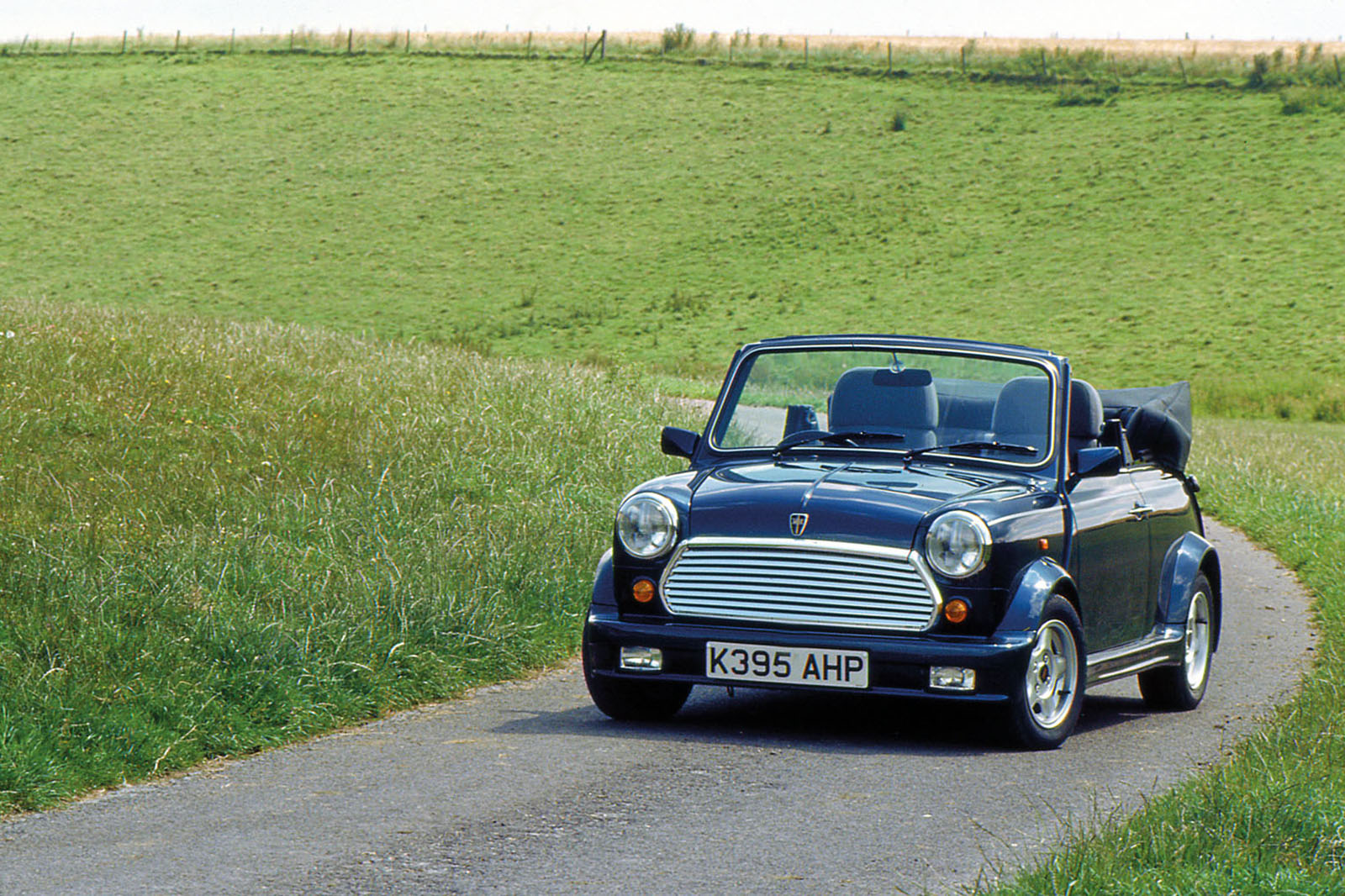





Join the debate
Add your comment
An excellent advertorial and
It sounds a bit like they are
It sounds a bit like they are rushing around trying to do everything, in contrast with Tesla who have a laser-like focus on building the best, most advanced car in the world which is electric. The Model 3 is clearly years ahead of any JLR product. My worry (as a lover of Jaguars and Land Rovers) is that JLR are desperately making more and more iterations of old technology, prime example being the E-Pace which is a heavy and uninspiring re-hash of the Evoque / Freelander, instead of really putting their 'A team' to work on next generation technology. The fact that EVs come last in this list says it all - 'we have to push the boundaries on both petrol and diesel technology, then make sure we have efficient 3cyl, 4cyl, 6cyl and V8 engines to offer. We also need mild and full hybrid solutions ready, and to join the battery electric revolution'. Why not wind down on petrol and diesel, forget plugin hybrids, and focus like their lives depend on it on battery electric? Because their lives, and those of the entire JLR workforce, do depend on getting that right.
paddyb wrote:
Tesla is based on lies and unfulfilled promises.....
They will make massive losses again and miss the reduced and more modest Model 3 production targets as well. Employees complain of the poor quality components and production techniques.
Both Model 3 and X have rampant quality issues and customers are not happy. They will go through a massive cash burn this quarter as well.
Tesla is an appalling exmaple to follow for any successful automaker. The only reason they survive is due to the highly overvalued shares which is falling as we speak!
"and customers are not happy". But better than Porsche, BMW etc
So why does it do so well in America's 2017 Consumer Report (evidence from 1,000's not your made up stuff), had a 91% owner satisfaction rating. Well ahead of Porsche by the way, and 14 places ahead of BMW
xxxx wrote:
Tesla quality like 90s Korean cars
http://www.thedrive.com/news/18218/auto-consultant-tears-down-tesla-model-3-and-compares-it-to-a-kia-in-the-90s
Model 3 Quality contorl issues
https://carbuzz.com/news/check-out-these-seriously-bad-tesla-model-3-quality-control-issues
Executives leaving, Quality issues
https://www.greentechmedia.com/articles/read/tesla-hit-by-executive-churn-model-3-quality-concerns
70s quality
http://autoweek.com/article/green-cars/tesla-model-3-walkaround-teardown-engineering-firm-highlights-assembly-issues
JLR have dropped the ball on
JLR have dropped the ball on the Defender. They are effectively handing the market to their competitors and turning the Defender ‘brand’ into yet another lifestyle option - just in case a Disco, Disco Sport, Velar or RRS don’t offer enough choices at the £50k price point.
I fear this mistake is going to haunt them.
scrap wrote:
Maybe, but how many can afford a 100k G-Class competitor?
I believe they will launch a proper successor to the Defender i.e. with all the off-road prowess of the current vehicle. Your outlook seems very myopic. The new Discovery is every bit as capable as its predecessor.
manicm wrote:
My view is not myopic. There is a huge and growing market for proper utility vehicles, mostly pick ups. VW and more recently Mercedes have recognised this trend and are seeking a slice of the pie. Land Rover is awol.
The New Defender should be built on an adaptable chassis, with power train flexibility baked in. The initial investment would be high but they could amortise it over many years.